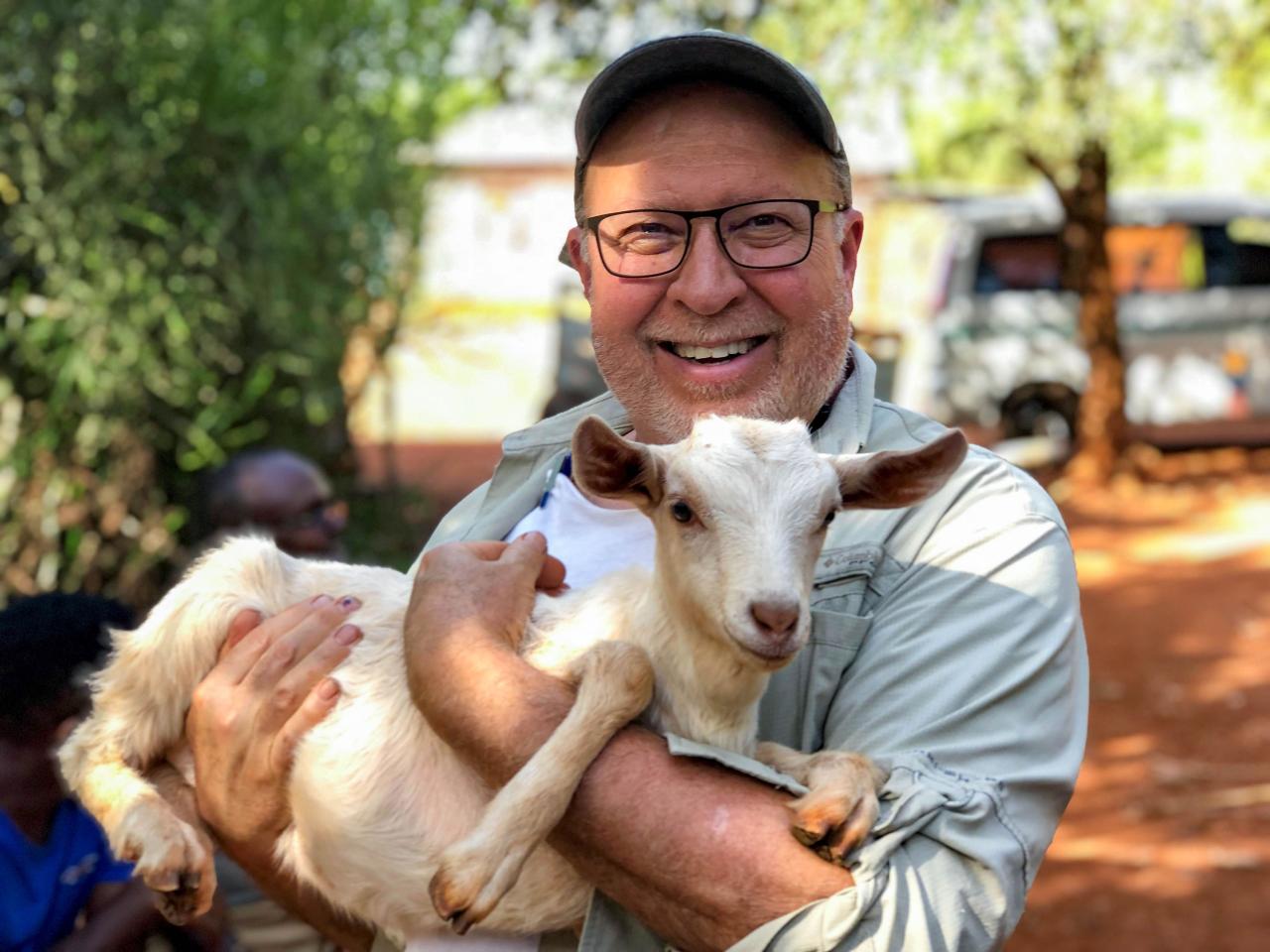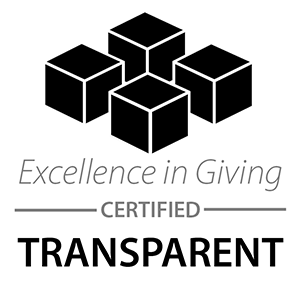For 20 years, US Architect Rex Barber has loved getting hands-on with EMI projects. Rex shares some highlights of his EMI journey:
Some thirty years ago, I was working for a design firm here in the ‘Springs’ and I was very involved with Habitat for Humanity. An architect friend suggested I check out this group, ‘Engineering Ministries.’
Back then, EMI had only a handful of staff. I interviewed for a position and after my interview asked the founder about salary. He said, “We don’t pay anything—you have to raise your own funds.”
I was shocked and said I would stay in touch.
Five years later, I joined a short-term mission team with EMI to Guatemala. Guatemala had just ended a long civil war. That year, I spent over five hundred hours working on drawings for that orphanage campus.
Three years later, I wanted to show my work to my wife, Sally, so we visited the campus. We found out the buildings we had designed were unfinished.
It was discouraging, but I felt the Lord was saying, ‘do not be discouraged—be encouraged and get more involved.’
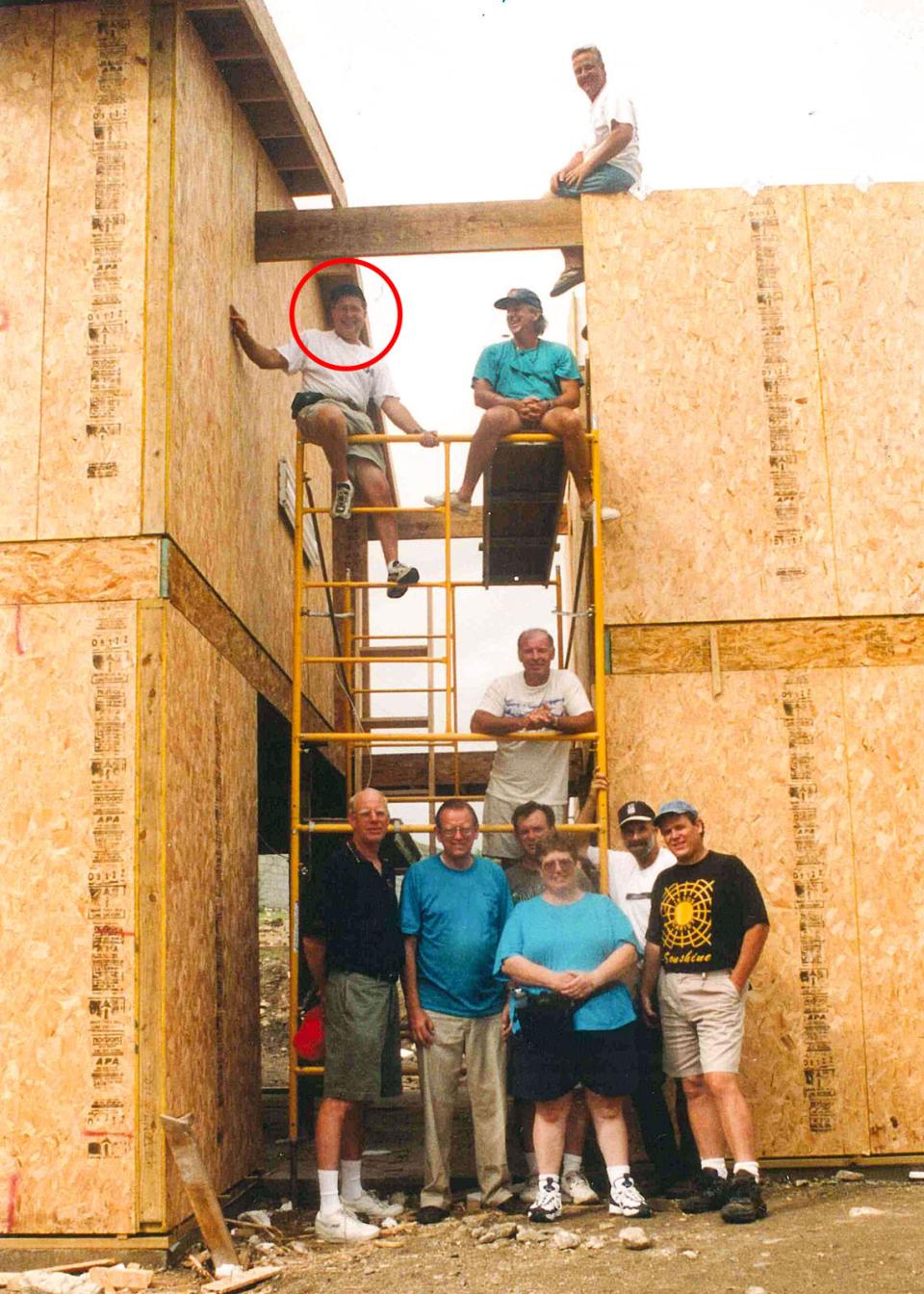
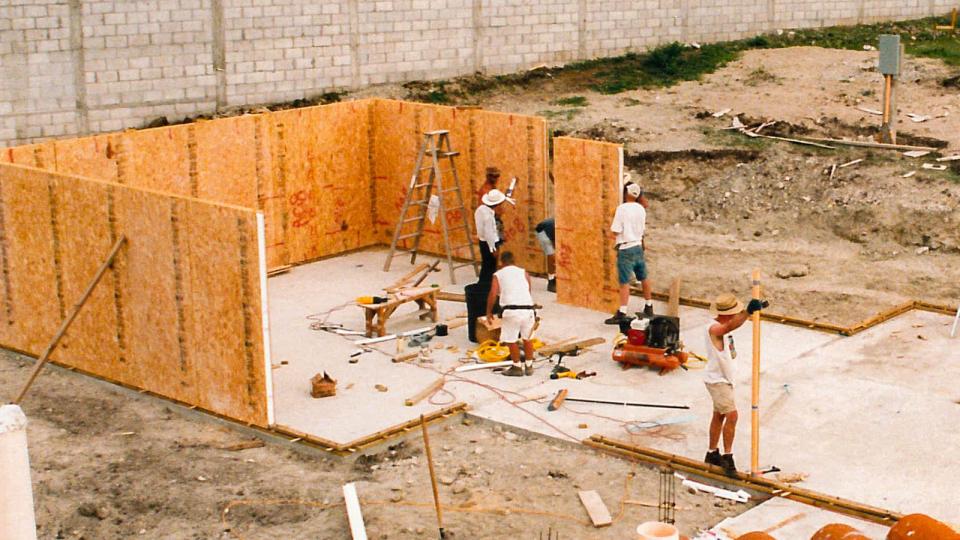
I returned home and, with another architect, designed a pre-fab orphanage. I coordinated the shipping, and led a team to complete construction.
That was a life changing moment. I’ve been back to that campus seven or eight times, once with our two daughters who were eight and ten at the time. It was one of the best family trips we have ever taken.
I view EMI as a ‘great commission’ ministry. We have a global calling to go into all the world, even to ‘the ends of the earth.’ It is exciting to be using our gifts and talents as architects and engineers to advance His Kingdom.
About ten years ago, I traveled to western Thailand. The project was a jungle hospital—a unique project that was to be built inside a war zone in neighboring Myanmar. It was hard to bring in materials, so most of the building elements had to be taken from the jungle.
The building had to be cool and ‘bullet-proof.’ The walls were built with earth bags and the roof structure was a thin-shell concrete parabolic-shape system—built out of bamboo, cloth, chicken wire, latex paint, and concrete.
The ministry’s team hiked in and together we constructed a prototype.
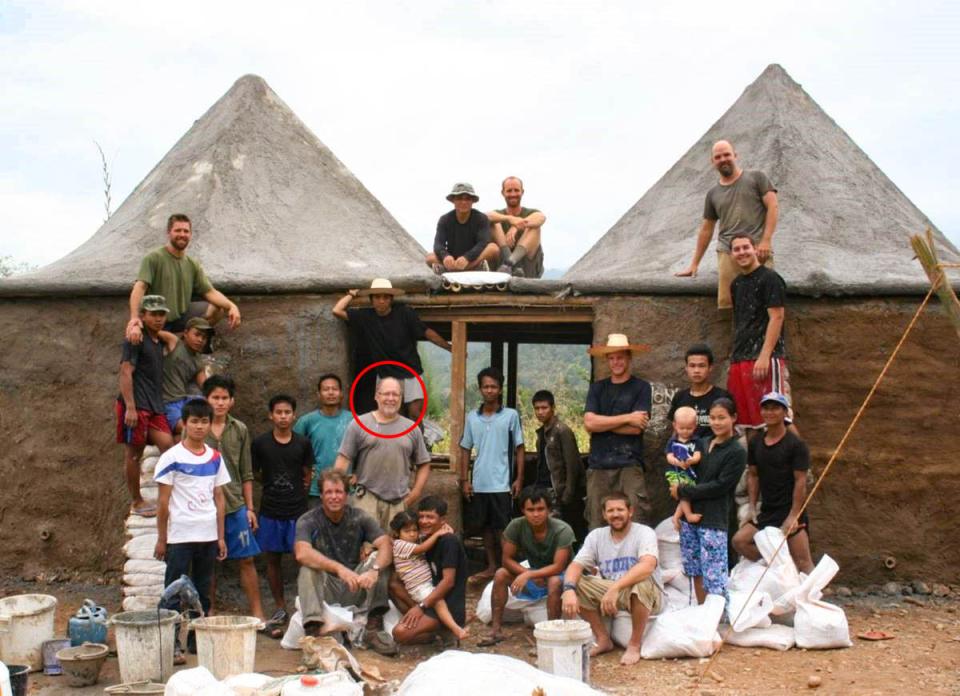
My favorite EMI projects have been design-build like this one.
I arrived just after construction began during torrential monsoon rains. We were building the earth bag structure, but the bags were saturated. We had to pound the bags into shape so they were level, but with all the water, it was like pounding a waterbed.
We gathered as a team and prayed, and asked the Lord, very humbly, if the rain could stop. While we were praying, it stopped raining and there was no rain for the next two weeks. It was raining in areas around us, but we were protected.
The Lord's favor was on that ministry and also on us. We were able to finish the prototype and, later, it was built in Myanmar.
In the beginning, most of our projects were small in scale. In the last ten years, however, we’ve developed more specialized services for our ministry clients.
One example is the focus on healthcare projects. These are complex projects, even in majority world settings. I believe we are becoming the ‘go-to ministry’ for mission healthcare design.
So it’s been an honor to be a part of EMI and see the growth. When I joined, I think we had twelve staff members. Now we’re nearing two hundred. The Lord has blessed this ministry and I believe it has a bright future.
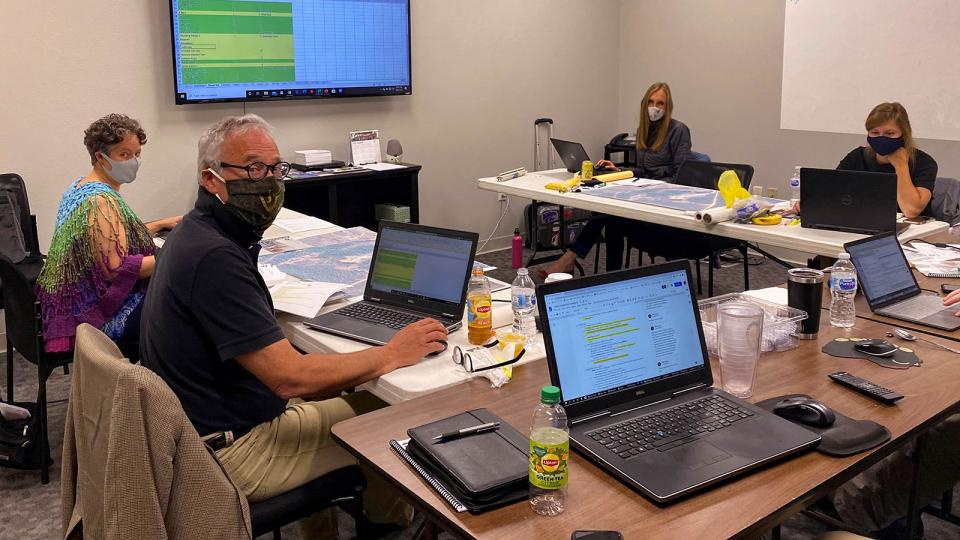
Even with Covid restrictions, we're adjusting to meet the need.
For example, last fall I led a team to Arkansas to design a hospital for a site inside Myanmar. Each morning we connected with the doctors through Zoom and designed throughout the day. Then we reviewed the design with our clients the following morning.
It wasn’t ideal, but it worked, and the Kingdom is advancing. I'm looking forward to what the Lord has in store for EMI in the future.
When I was first raising support to join EMI staff, it was scary, intimidating, and humbling.
But now we have financial partners that have been with us for twenty years and it's not about the money. It’s about what we’re doing together which is so encouraging; we are growing together in Christ.
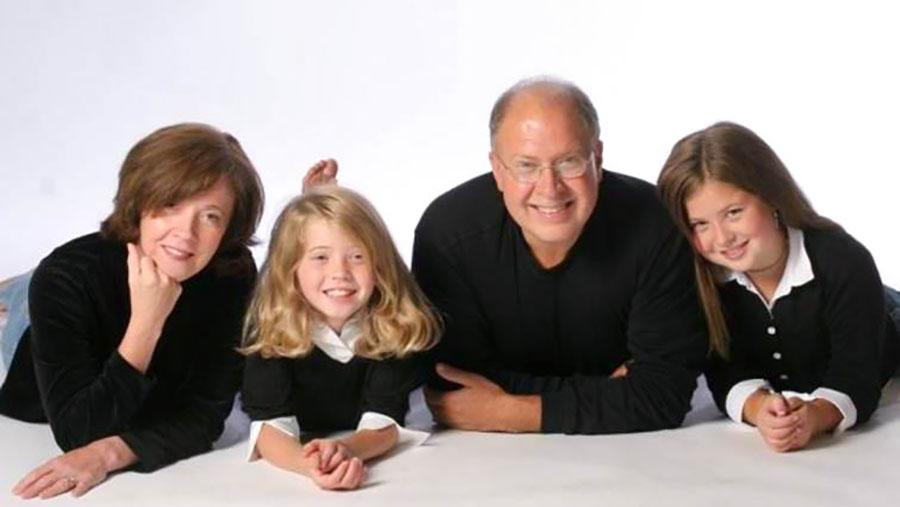

I’ve grown through the long-term relationships I’ve formed on the mission field with our volunteers and partner ministries. My daughters are young professionals now—both have a heart for missions, and have traveled with me overseas.
Missions has enriched our lives and our family. These relationships all over the world have added to life.
I wouldn’t trade it for anything.
